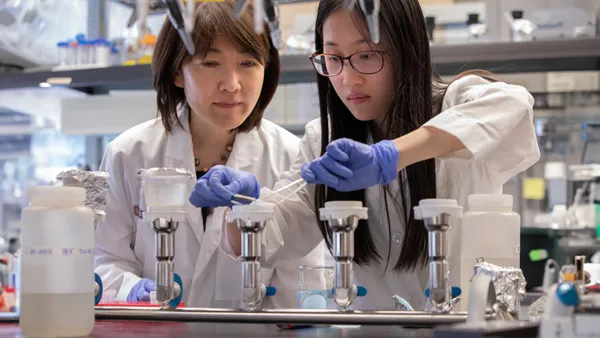As part of one of America’s leading public research institutions on a campus including seven health sciences colleges, our experts are dismantling disparities, championing environments that allow all people to thrive and finding the best tools to prevent disease and support long, healthy lives.
Signature research
From reducing harm from tobacco and vaping to increasing access to screenings that lead to speedy identification and treatment for cancer, our researchers are national leaders in tackling today’s greatest public health challenges.

Reproductive and sexual health

Substance use and addiction

Health disparities

Cancer prevention
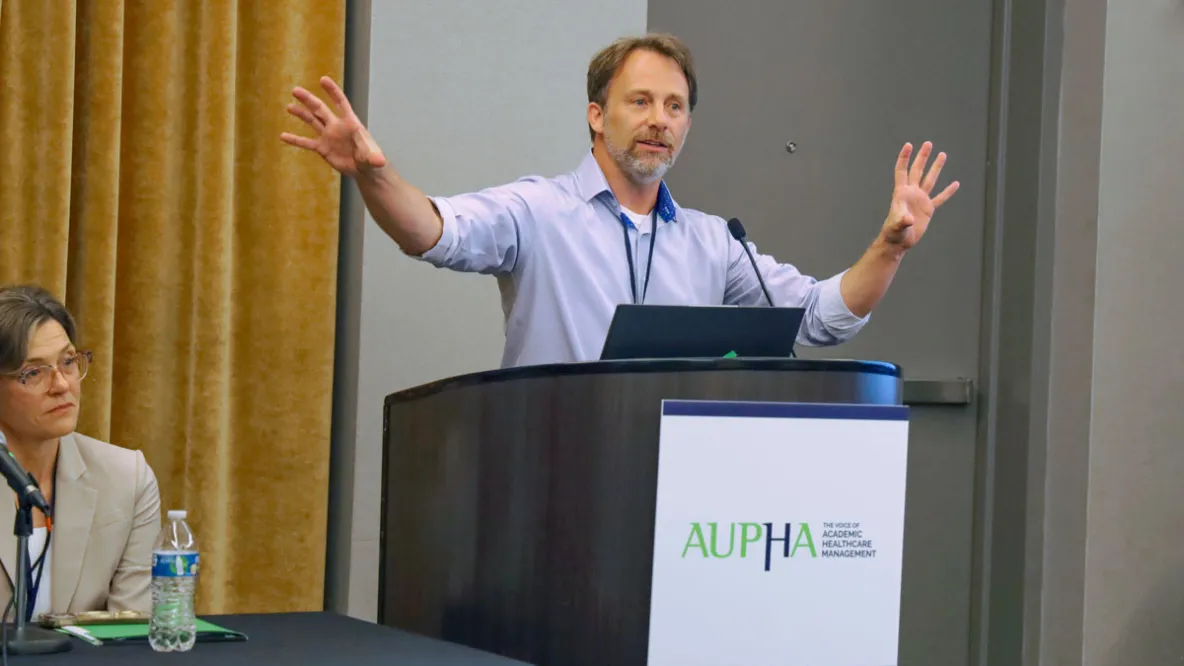
Health policy
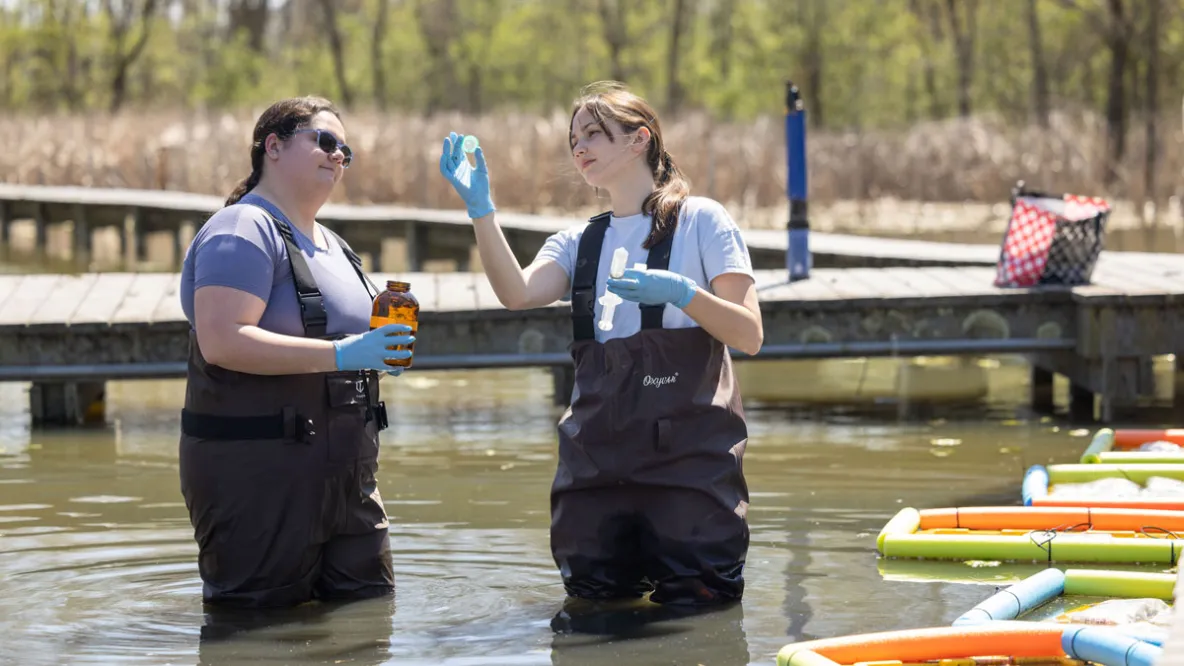
Environmental and global health
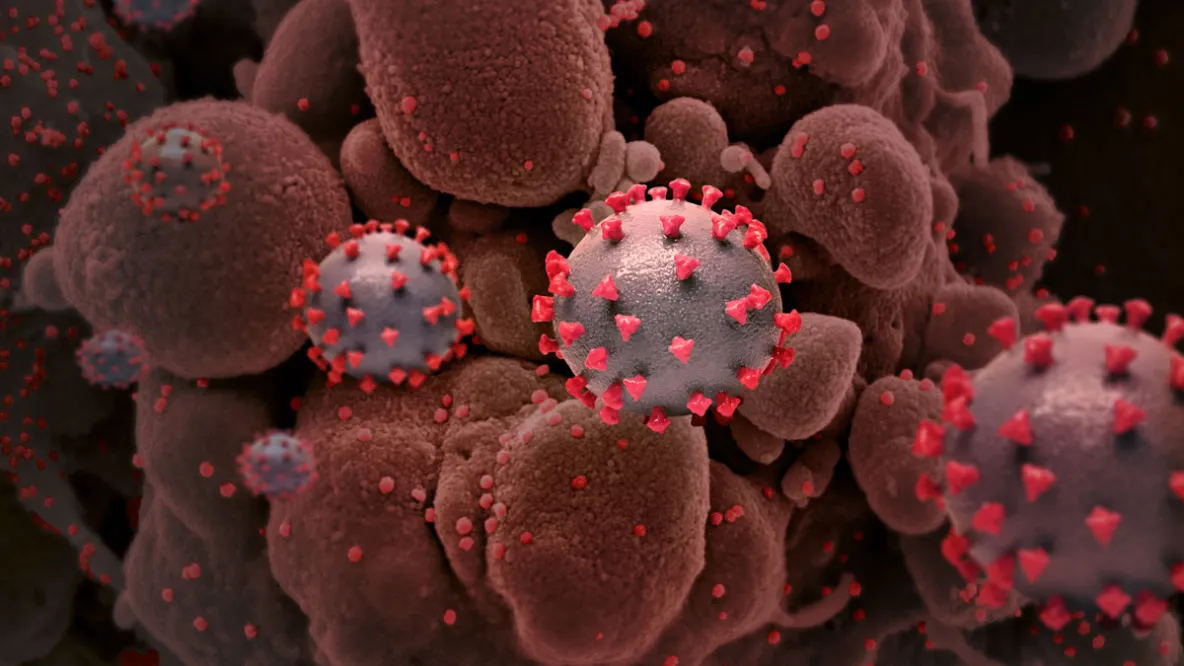
Infectious diseases
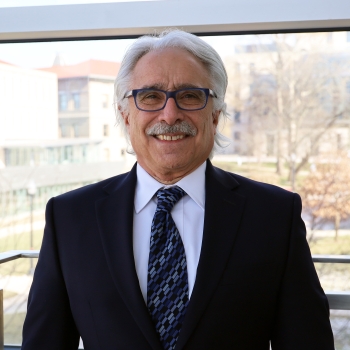
“I practiced environmental public health for 29 years in local health departments and was involved with some significant improvements to our environment and health. I am passionate about bringing some of these experiences to the classroom — such as enforcing the new smoke-free Ohio law, involving communities in policymaking to improve their health and environment, enforcing the federal watershed protection laws and developing local and state policies to protect drinking water and recreational environments — to inspire a new generation of practitioners to make our local to global communities a healthier place to live, work and play.”
Public health science
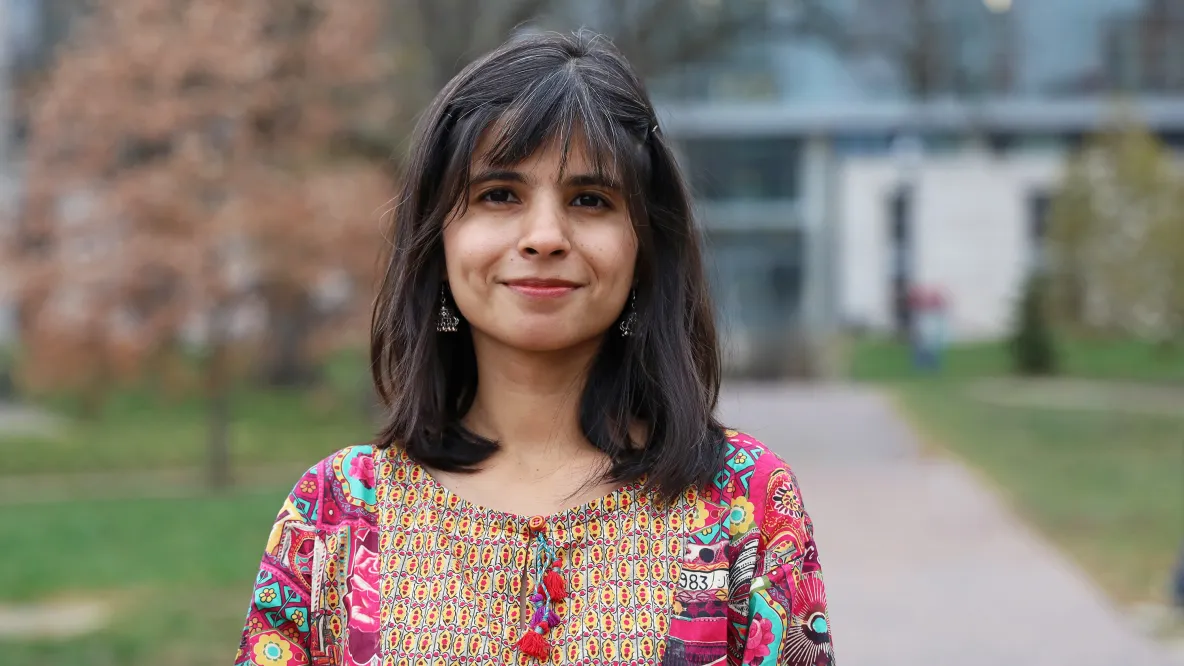
Public Health Buckeyes: Gulan Pari
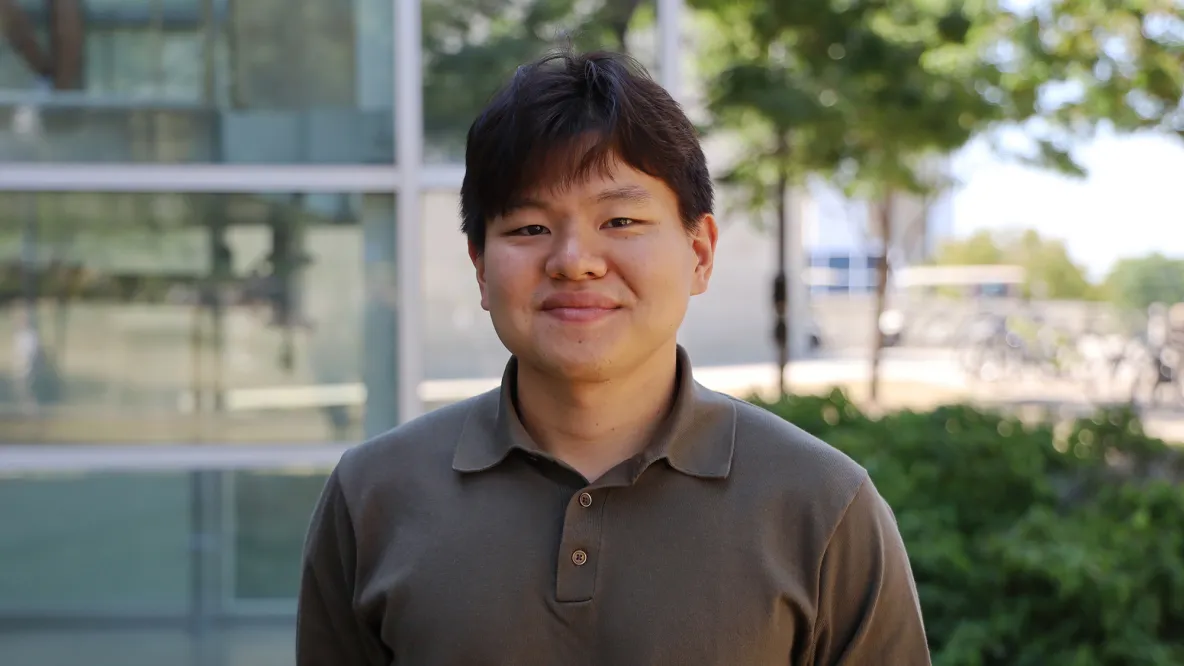
Public Health Buckeyes: Minseung Kim
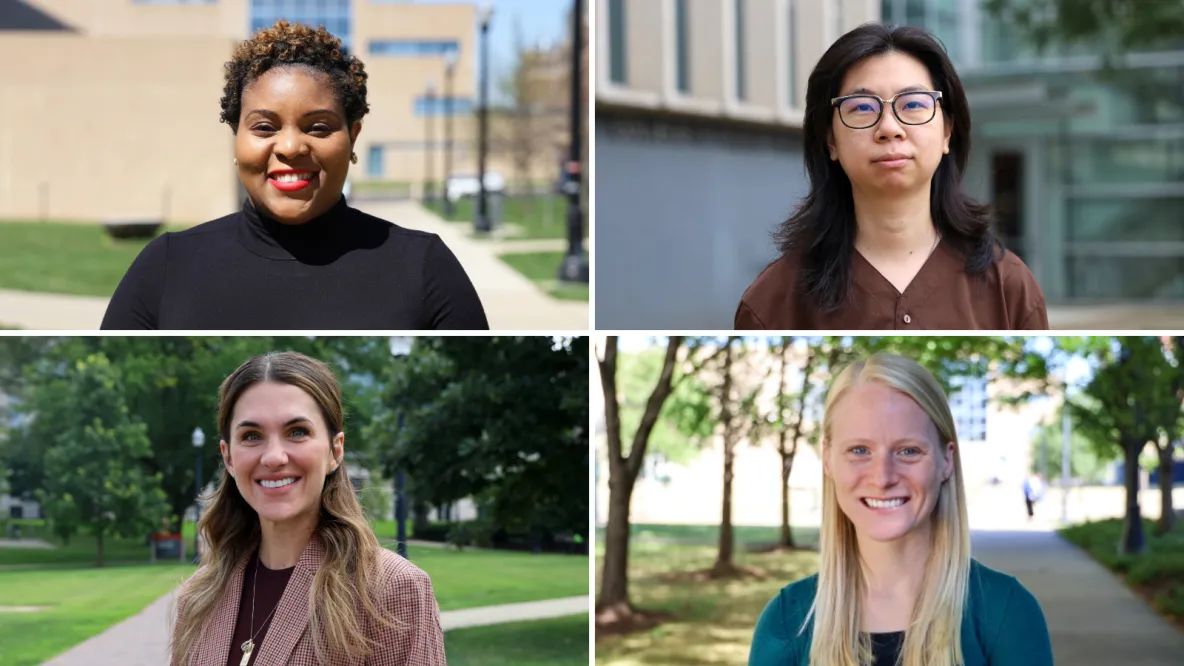
New CPH seed grants support public health innovation

Science Spotlight
Scientist: Gia Barboza-Salerno, assistant professor, Division of Health Behavior and Health Promotion
Research summary: Barboza-Salerno recently published a study focused on using AI to better understand the drivers of child deaths, which are largely preventable and are a major public health concern throughout the world.
Study’s aim: The study used artificial intelligence and geographic mapping to examine child fatality reports and show how neighborhood and environmental conditions likely contribute to these deaths.
Key finding: Child deaths are strongly associated with broader structural conditions, including unsafe housing, limited firearm safety protections and high levels of substance misuse in communities.
How could this advance your field? The study introduces an AI-based framework that helps public health and policy leaders identify high-risk areas and guide prevention strategies, such as safer firearm storage policies and improved access to health and social services in rural areas.
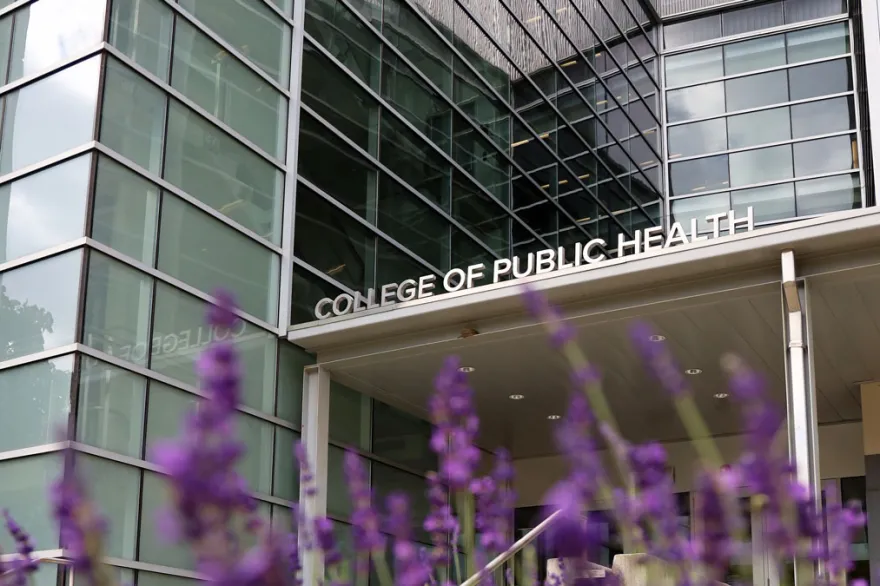
Researcher resources
The Office of Research supports the research needs of faculty and staff from grants and contracts management to professional development and training that elevate research practices in the College of Public Health.
